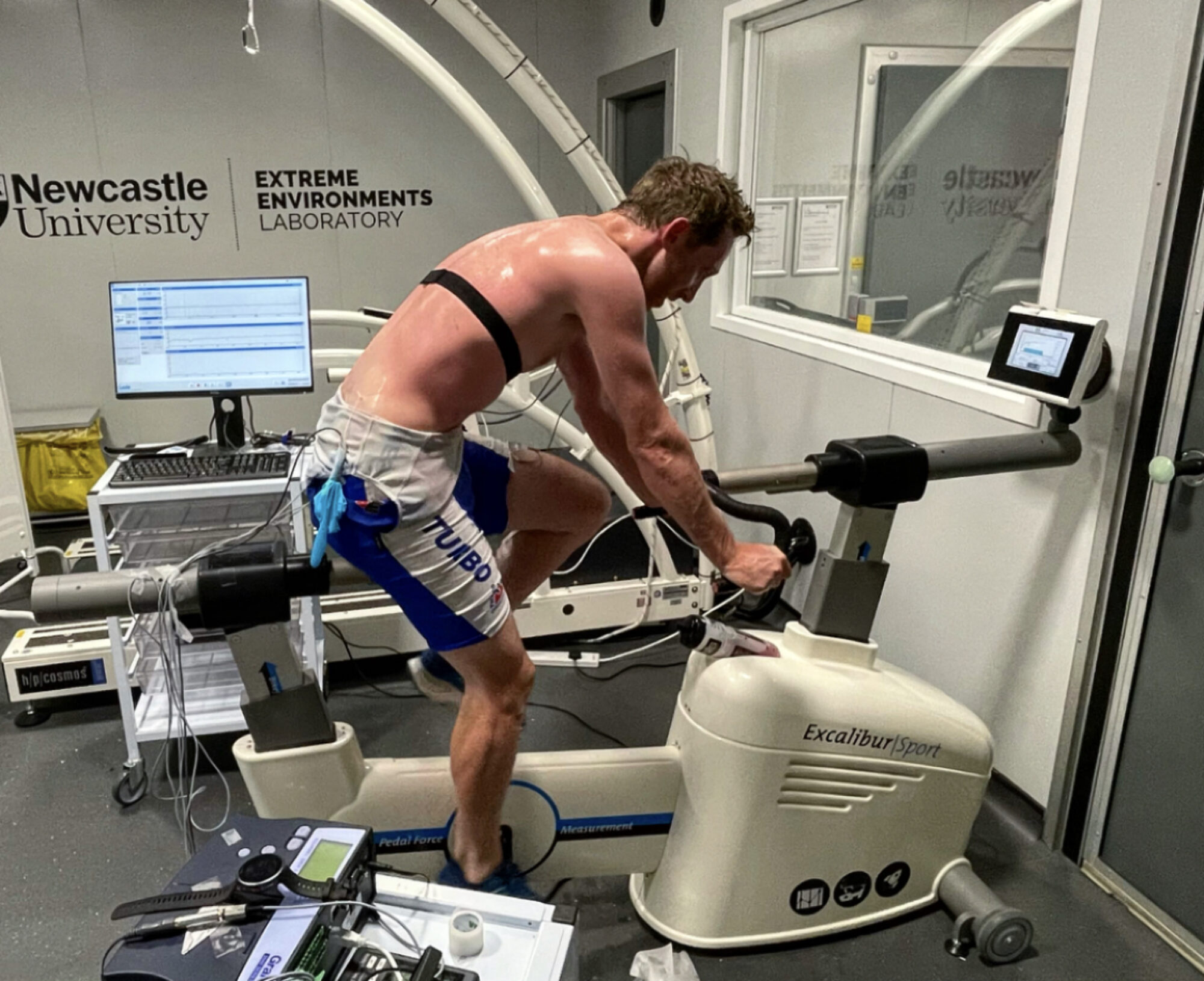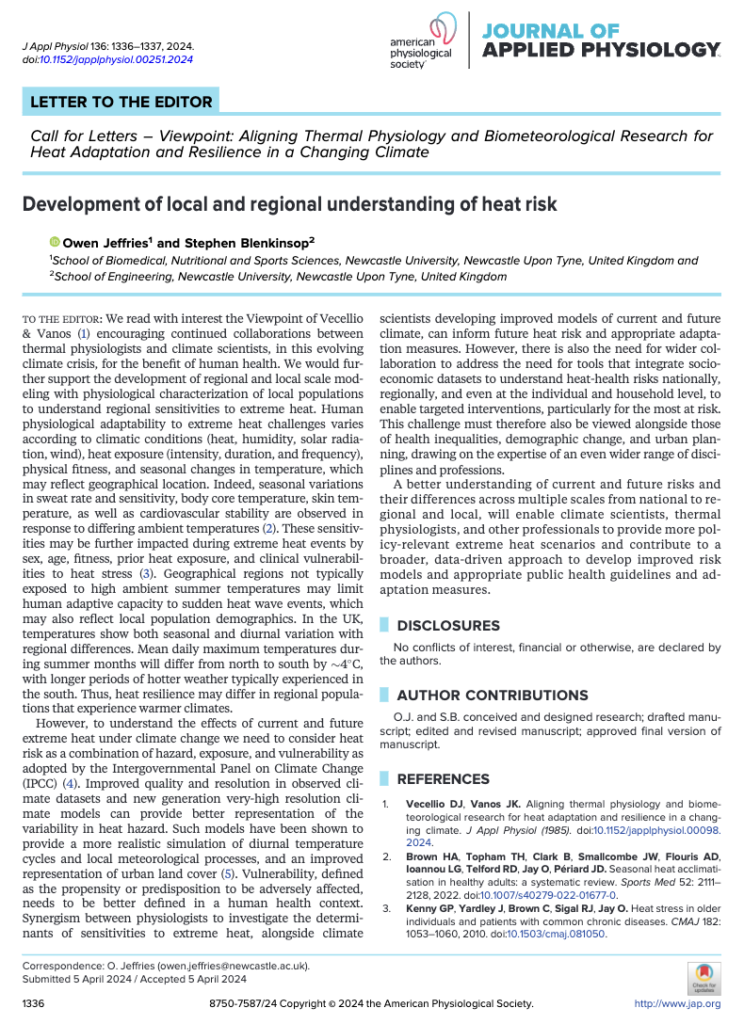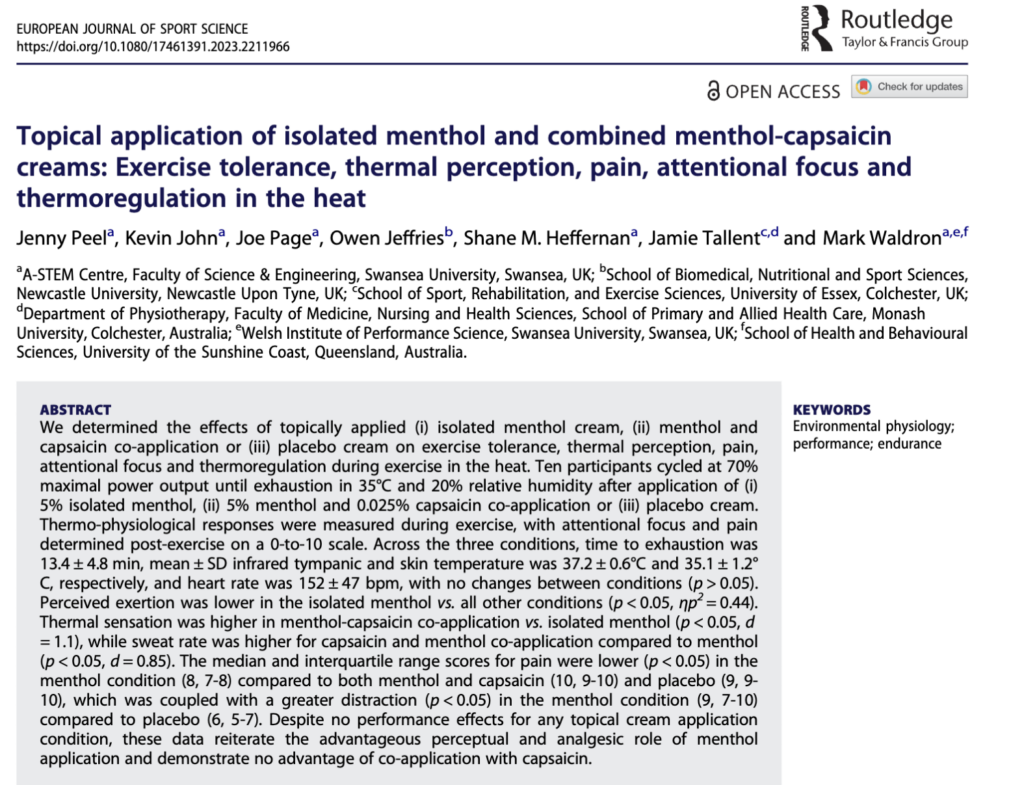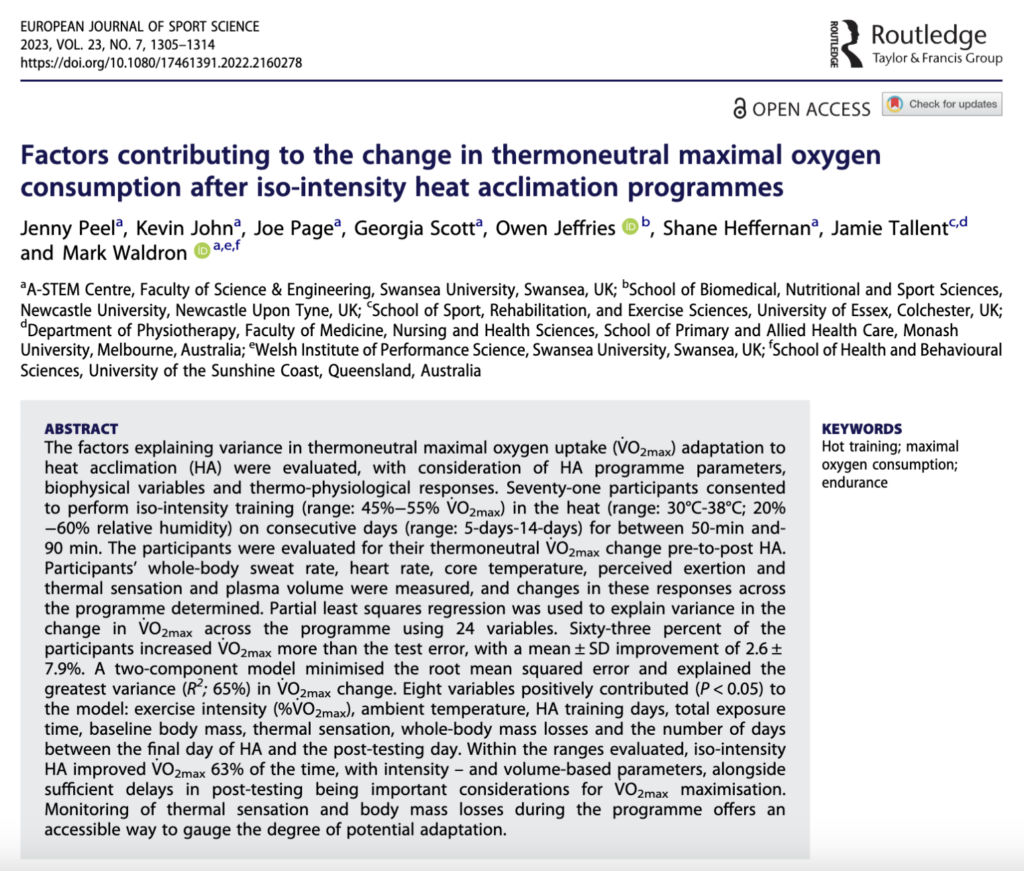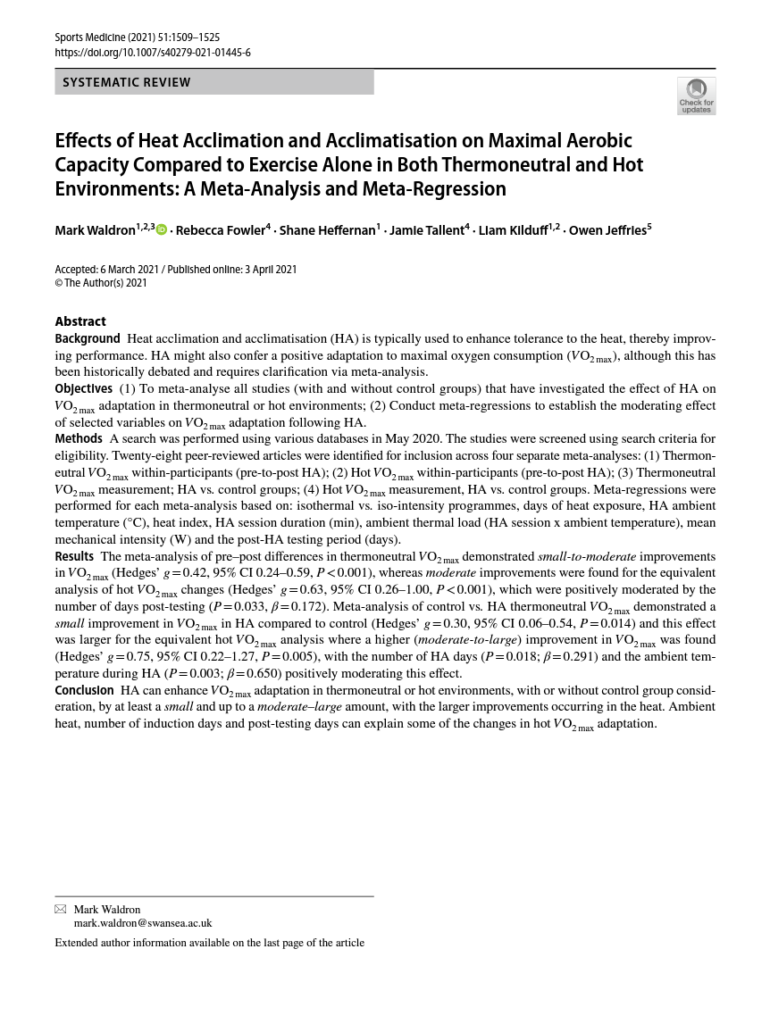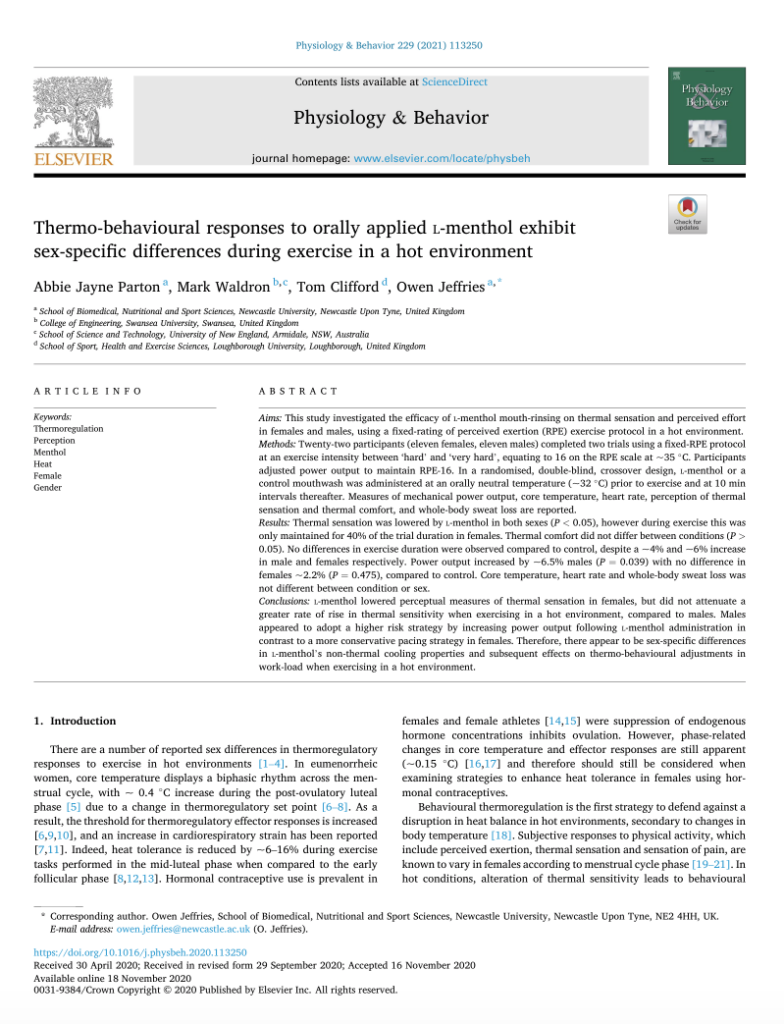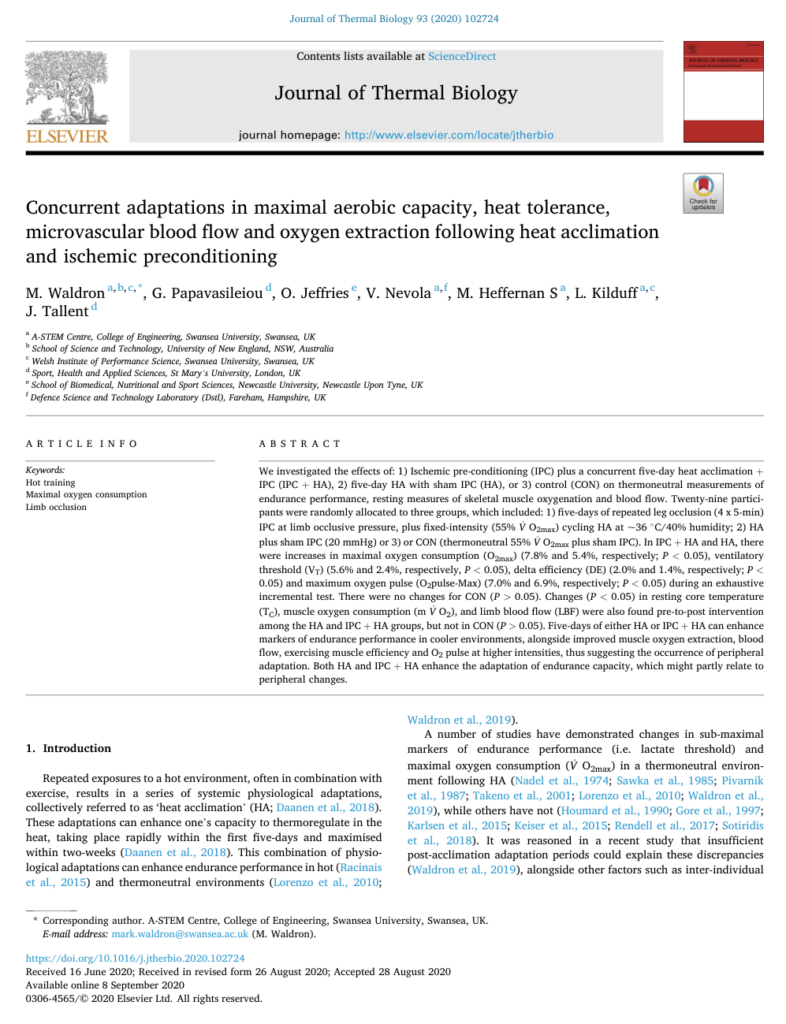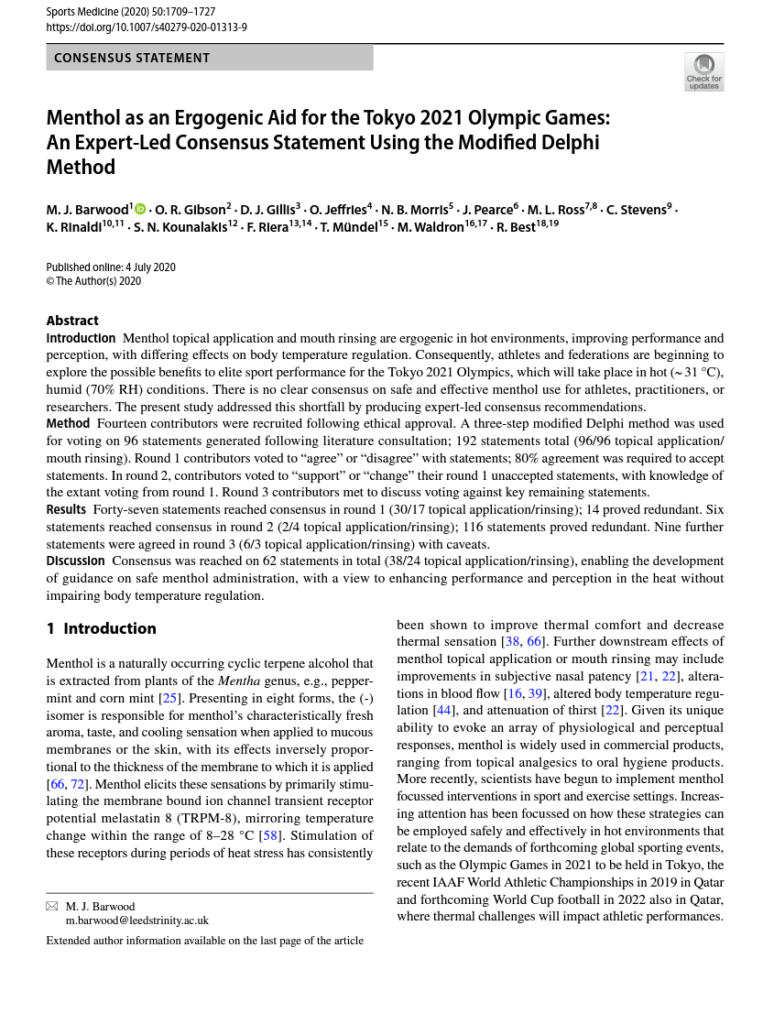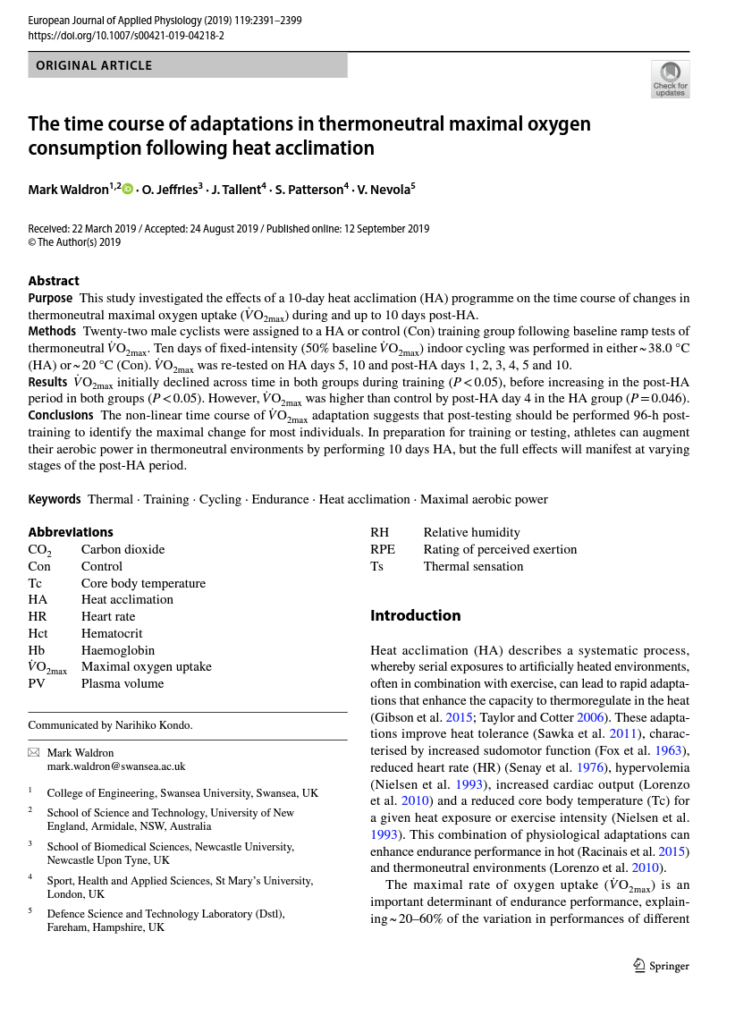In this new paper, published in the European Journal of Applied Physiology, we took a multi-study approach to determine the optimal dose of L-menthol applied as a mouthrinse in hot environments. A project involving previous UG student Joe Clark and MSc student Godi Jibi who contributed to a large part of the data collection, was written in collaboration with long term collaborator Dr Mark Waldron (Swansea University) and Dr Martin Barwood (Leeds Trinity). We hope this clarifies dose strategies for practitioners & investigators.
A model figure extracted from the published paper below illustrates the thermo-behavioural exercise responses (red=work done; green = peak power achieved) in line with micro- and milli- molar concentrations required to activate TRPM8 channel activity (black) – the primary molecular target for L-menthol. We found that the optimal dose is between 0.01 – 0.1% (0.6 and 6 mM respectively) which will be useful to practitioners, athletes and research scientists who wish to explore its thermo-effectiveness across a range of situations and environments.
The full paper can be accessed [OPEN ACCESS] here: https://link.springer.com/article/10.1007/s00421-024-05609-w
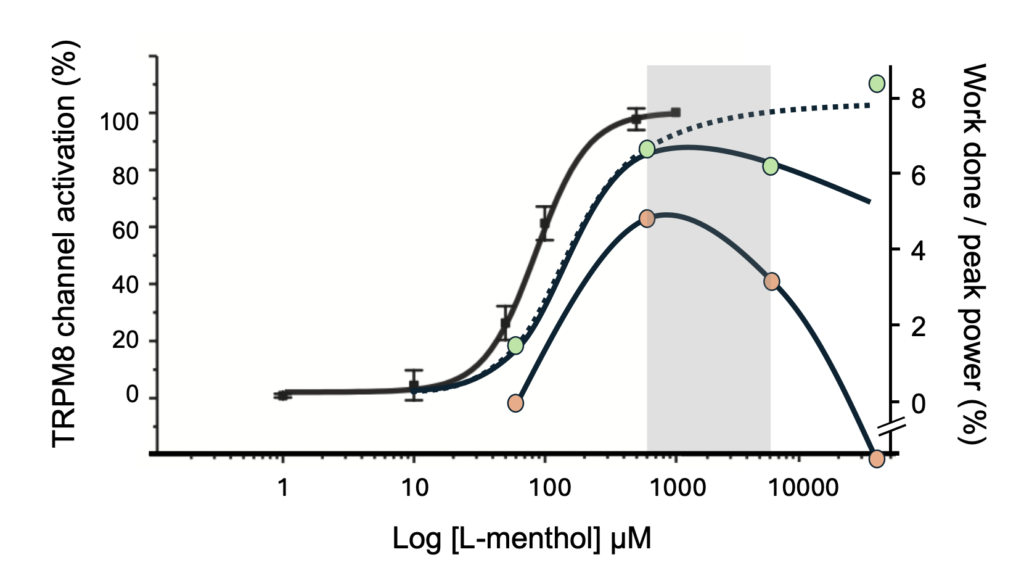
Figure 5 – Determination of L-menthol’s optimal dose. L-menthol’s molecular target TRPM8 channel activation data (black circles) as a % of total activation (data presented is adapted from McKemy et al., 2002). L-menthol ergogenic modulation of exercise peak power associated with RPE-16 (green circles) and total work at RPE-16 (red circles), as a % above baseline placebo tests. Grey shaded box represents the “optimal” performance range. Dashed line represents L-menthol’s alternative actions as an irritant, possibly evoking increase in performance. Exercise was completed in 35 oC / 40 RH% environment.
